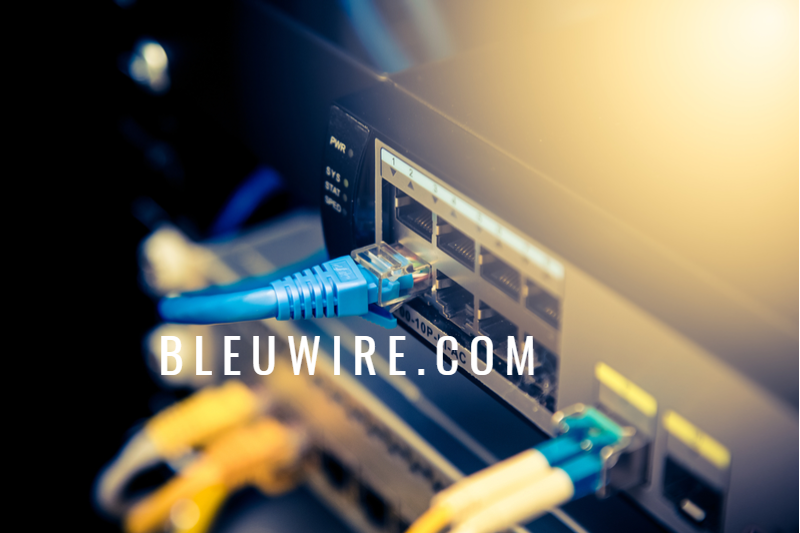
In the long-gone days of dial up internet, it wasn’t all that uncommon to have to wait several minutes to connect. Today though, with high speed connections, most pages will load in seconds – or they should load in seconds. But, what if your internet has become so slow that it feels like you’ve traveled back in time to the days of dial up? Here are a few reasons why you might not be getting a blazing fast connection and how you can speed it up.
An Older Service Plan
If it’s been a while since you’ve updated your internet plan, why not give your service provider a call to see if you can get a faster upgrade? While some service providers will automatically update your plan when the speed for your service tier changes, some will not, grandfathering customers on the old plan to save on bandwidth. Even if you’re getting the speed you should be for the price you’re paying, if you have a lot more connected devices, or a lot more users online at once than you used to, you might need to switch to a different plan with more bandwidth to meet those demands.
Service Provider Throttling
Some service providers have the nasty policy of throttling, or slowing down, internet speeds at certain peak times of the day, and during heavy use, such as steaming or gaming. The only way to prevent this hassle is to switch to an internet service provider that doesn’t throttle. With so many people today using the internet as their main source of entertainment, many companies are abandoning this archaic policy.
Your Router is Too Far Away
Even if you’re showing 4 or 5 bars, if you’re just on the edge of your router’s range, your speed will likely be slow. If you’re in a smaller house or apartment, you can fix this by moving your router to a more central location in the home, so that all areas are covered. If you live in a very large home, try setting up Wi-Fi extenders in spots that have a slow connection.
Your Router is Outdated
Although your router might still be working fine and is not actually broken, it might still be time to replace it with a new one. If your router is a few years old, it might not be able to use newer standards for very high speed networks. This means that even if you have a lightning fast internet plan, you won’t be getting the speed that you should be. If you’re not sure what your router’s specs mean, call your internet service provider for help.
Interference from Other Electronics
Many of the electronics around your house can interfere with your Wi-Fi signal. For example, microwaves, Bluetooth gadgets, or cordless phones. If you find that your signal keeps cutting in and out, try moving your router farther away from any of these electronics that might be messing up your signal. Also, if you router has both 2.4 GHz and 5 GHz settings, switching settings can reduce interference from devices that might be operating on the same frequency.
So, if you’re frustrated by a painfully slow internet connection, try some of the suggestions above to get your speeds zipping along again.
Contact Bleuwire™ to learn about services and solutions – how we they can can help your business.





